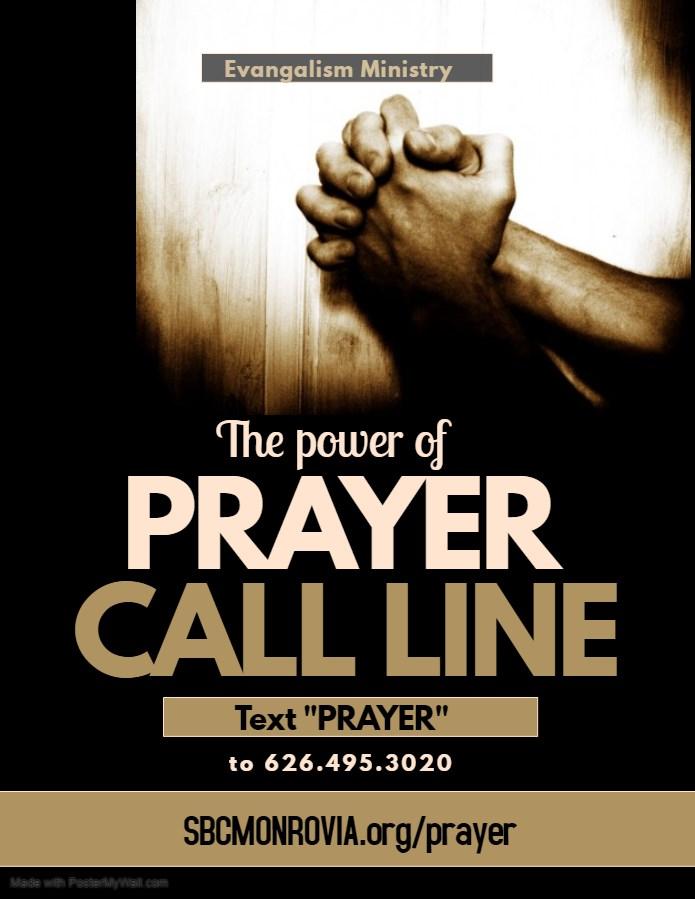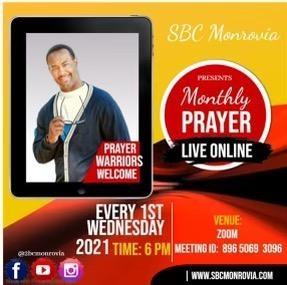
3 minute read
Church Happenings
Audrey Penn’s book The Kissing Hand features a young raccoon who’s nervous about the first day of school. Mom consoles him by kissing his palm, signifying her presence with him. The youngster can simply put his hand to his face anytime he needs a kiss from her. If that isn’t tear-jerking enough, as the raccoon scampers to school, he returns to kiss Mom’s hand so she’ll have a Kissing Hand too. That story reminds me of Matthew 28:20, when Jesus promises to be with us always, and of Psalm 23:4, which says, “I will fear no evil; for thou art with me” (KJV). God gives us a Kissing Hand through baptism, sealing us forever with the Holy Spirit and the mark of the cross of Christ. Just as the raccoons cherish their kissing hands, may we cherish the promise of our Father’s eternal presence. Thanks be to God, whose “goodness and mercy shall follow me all the days of my life” (Psalm 23:6).
—Julie Lee
Advertisement
Learn from Leaves
As you’re enjoying the fall colors and sipping apple cider, ponder this saying: “Autumn shows us how beautiful it is to let things go.” When leaves stop producing chlorophyll, they turn vibrant shades of yellow, orange and red. This yearly spectacle makes way for the leaves to let go and fall. It also serves as a good reminder of things we may need to drop: clutter around the home, a desire for control, commitments that no longer bring joy, personal expectations that cause added stress, a need to always be right and so on. Just as the Israelites had to let go of their past as slaves in Egypt and Saul-turned-Paul had to abandon his persecuting ways, we, too, can let go of what weighs us down and gets in the way of God’s best for our lives. Embrace fall as a season of change and see just how beautiful it is to let things go!
—Janna Firestone
Michael and All Angels
Many Christian denominations celebrate the festival of Michael and All Angels on September 29. While Gabriel is probably the best-known angel for announcing to Mary that she would bear the Son of God, “the archangel Michael” is named in Jude 9; in Daniel 12:1 he is called “Michael, the great prince, the protector of [the] people”; and in Revelation 12:7 we read of “Michael and his angels.” In each case, Michael is involved in a cosmic battle revealed to someone in a vision as a message from God. In fact, whenever angels appear in Scripture, the Hebrew word is “messenger,” which in Greek is angelos — thus, the English “angel.” The Bible doesn’t say much about what angels looked like, but surely they weren’t the cute cherubs of modern pop art. Given their most common greeting, “Do not be afraid,” it must have been startling to see one. Why celebrate Michael and All Angels? First, it reminds us there is more to God’s realm than we humans can see or comprehend. No matter the exact structure or appearance of angels, God sometimes uses them to communicate with us. Second, by broadening our understanding we can serve as angels.











